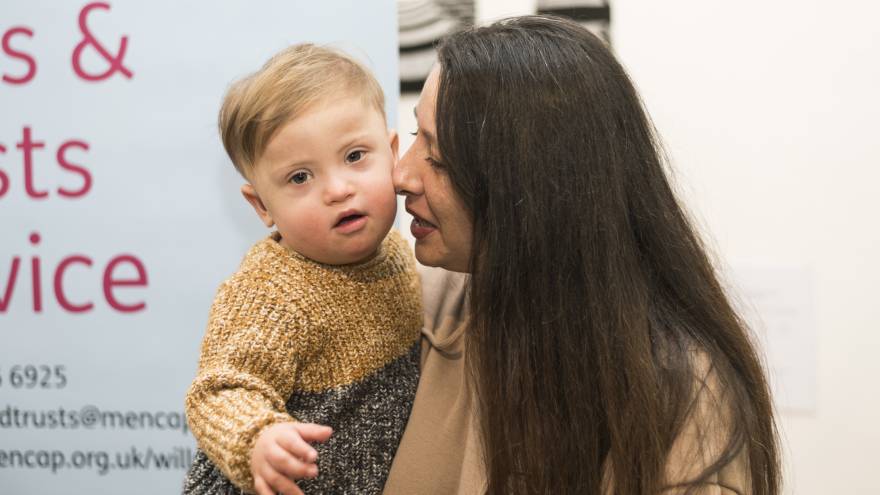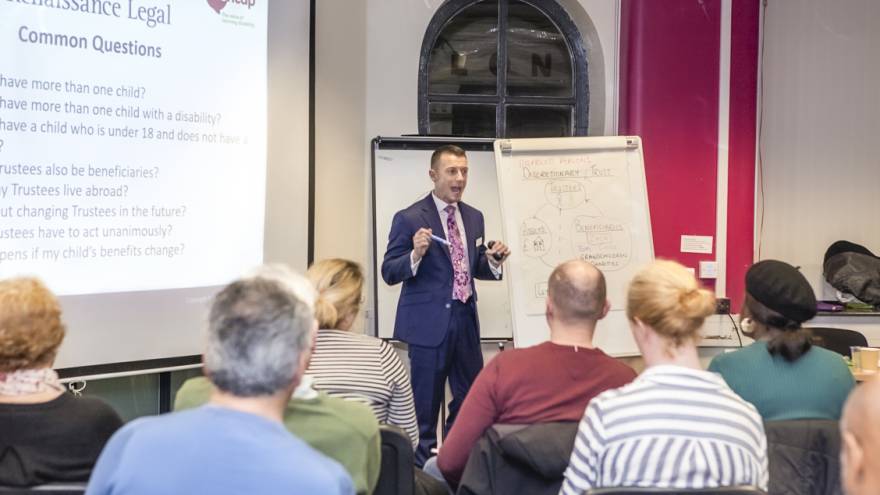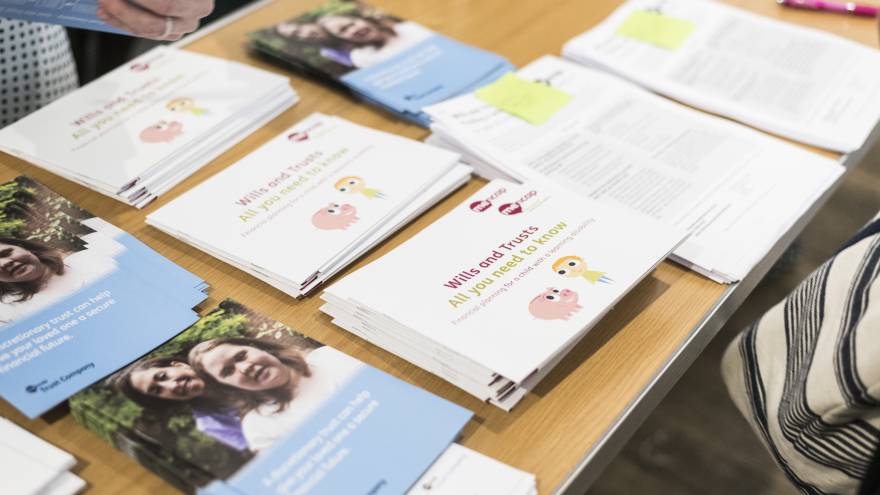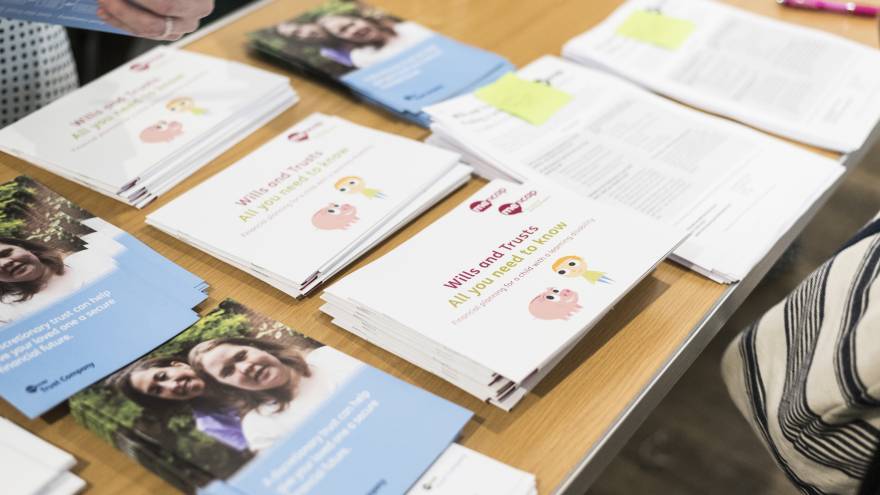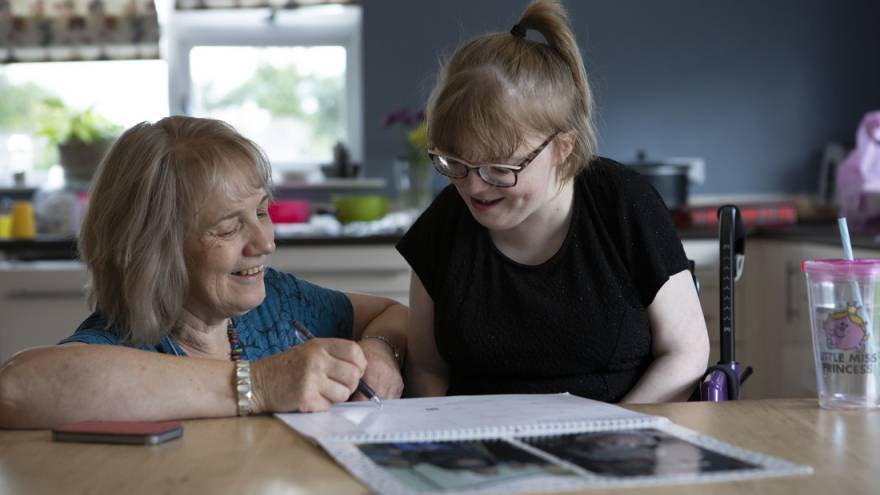Planning for the Future online seminars
- support and information from Mencap’s Wills & Trusts Service
- the opportunity to hear from a solicitor who specialises in this complex area of law
- the chance to meet other families who are in a similar situation via Zoom.

